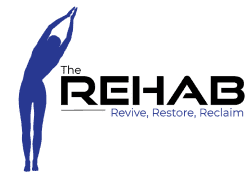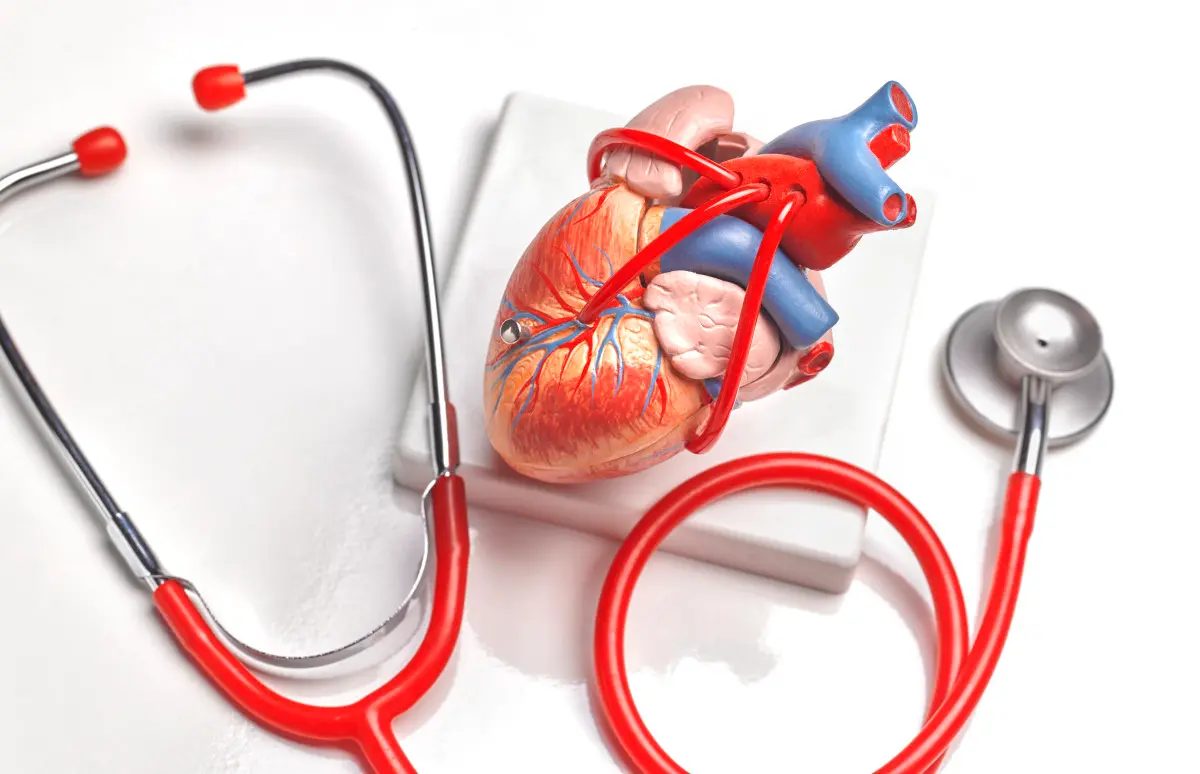World Heart Day has been celebrated every year on September 29 since 2000 to raise awareness of
heart disease and stroke. While World Heart Day aims to pass on the message of caring for your heart,
it emphasizes the importance of practicing this year round. Heart disease remains the leading cause of
death not only in the United States, but across the globe.
Why Care So Much About Heart Health?
The heart is the hardest working muscle in the body, beating an average of 100,000 times a day. The
muscle is responsible for delivering oxygen-rich blood to the rest of the body. When conditions such as
Coronary Artery Disease (CAD) and Atherosclerosis develop, the risk for heart disease increases
drastically. Heart disease does not discriminate – it can affect anyone regardless of age, gender, or
ethnicity.
Factors That Impact Heart Health
Most only consider the two most commonly discussed topics: exercise and nutrition. However, there
are a number of other factors that also play in such as sleep, stress management, tobacco use, weight
management, and chronic conditions. Each factor has a role in turning heart disease into the “silent
killer.” However, some of these factors can be managed to aid in preventing or managing heart disease.
Seven Steps to Maintaining a Healthy Heart
1. Regular Exercise
● The American Heart Association recommends at least 150 minutes of moderate
intensity aerobic exercise or 75 minutes of vigorous-intensity exercise weekly to reap
the most benefit for heart health. In addition, adding in two to three days of resistance
(weight) training can benefit heart health even greater. Aerobic exercise can even be
broken into 10-15 min bouts throughout the day: going for a short walk, a brisk bike
ride, going for a swim, etc. For vigorous exercise this can look like resistance training,
interval runs, walking at an incline, etc.
2. Healthy Eating
● Maintain a diet low in salt and red meat, increase intake of fruits and veggies, take in
more whole grains. Additionally, limit processed and fatty foods.
3. Know the Numbers
● Keep a close eye on blood pressure, cholesterol, triglycerides, blood sugar, A1C, and
other measures that directly impact heart health. Get with a PCP or other physician
that manages these levels and check annually, or more frequently as recommended.
4. Stress Management
● Keep tabs on what stressors play into everyday life and find ways to eliminate or
manage those. Chronic stress can cause an increase in blood pressure and put added
strain on the heart.
5. Sleep Quality
● The recommended sleep average is 7-9 hours. Poor sleep contributes to the possibility
of risk factors such as high blood pressure, diabetes, and hyperlipidemia which each
correlate to heart disease in some length.
6. Tobacco and Alcohol Cessation
● Smoking is one of the biggest contributors to heart disease, take the necessary steps to
quit immediately. Alcohol should be moderated, the recommended daily intake is 1<
for females and 2 < for males.
7. Weight Management
● One of the most common and basic tools to manage weight is to track Body Mass
Index (BMI) which is calculated by dividing weight (in kilograms) by height (in
meters)². A healthy BMI is considered <25. Losing 10-15% of current body fat can
contribute greatly to heart health.
Get with your Primary Care Physician or Cardiologist today and find out what factors you can focus
on to take control of to maintain a healthy heart today and year-round.
https://healingpulsemedical.com/world-heart-day-raising-awareness-for-a-healthier-heart/
https://nwregionalheart.com/the-heart-of-the-matter/
https://www.ahajournals.org/doi/10.1161/01.cir.0000089504.27796.2c







